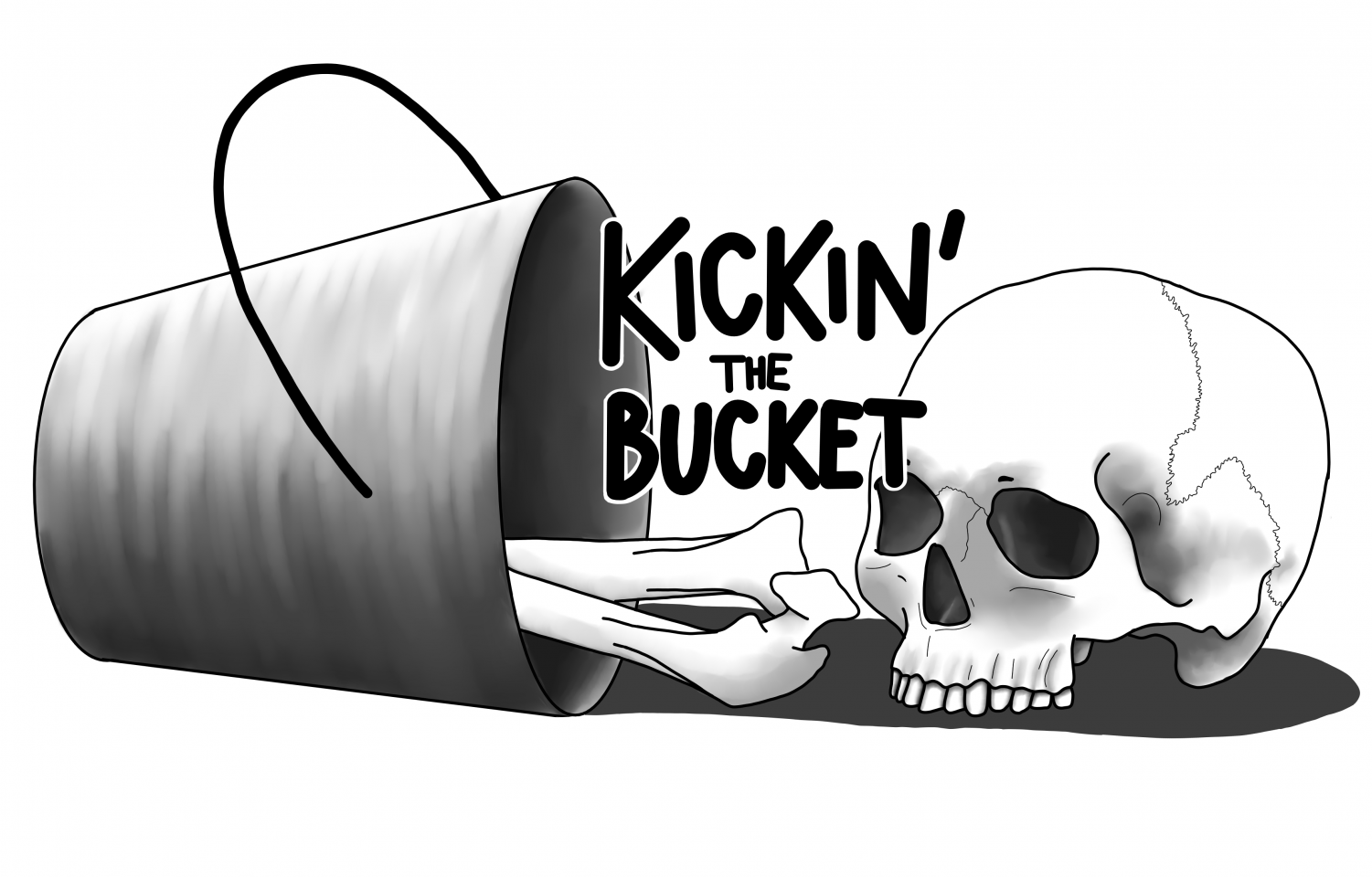
The phrase “kick the bucket” is a widely recognized euphemism for death, but its origins are far darker than its casual tone suggests. One theory traces the expression back to old England, where “bucket” referred to a beam or yoke from which animals were suspended for slaughter. The “kick” would be the animal’s final movements. Another account suggests the phrase comes from people standing on a bucket while preparing for execution by hanging—once the bucket was kicked away, death followed swiftly. Both theories highlight the phrase’s macabre roots.
Despite its unsettling background, “kick the bucket” became a part of everyday speech by the 18th century. It was often used in humorous or ironic contexts to soften the finality of death. Writers and poets leaned into its slang appeal, using it as a way to address mortality without the heavy emotional weight. This helped the phrase gain traction in popular culture, further normalizing its usage across generations.
Today, the phrase remains a part of informal English, often used in storytelling, film, and casual conversation. Its origins, while grim, underscore how language evolves to help society cope with difficult topics like death. By turning tragedy into idiom, “kick the bucket” serves as a linguistic coping mechanism—one that blends history, culture, and humanity’s uneasy relationship with mortality.







